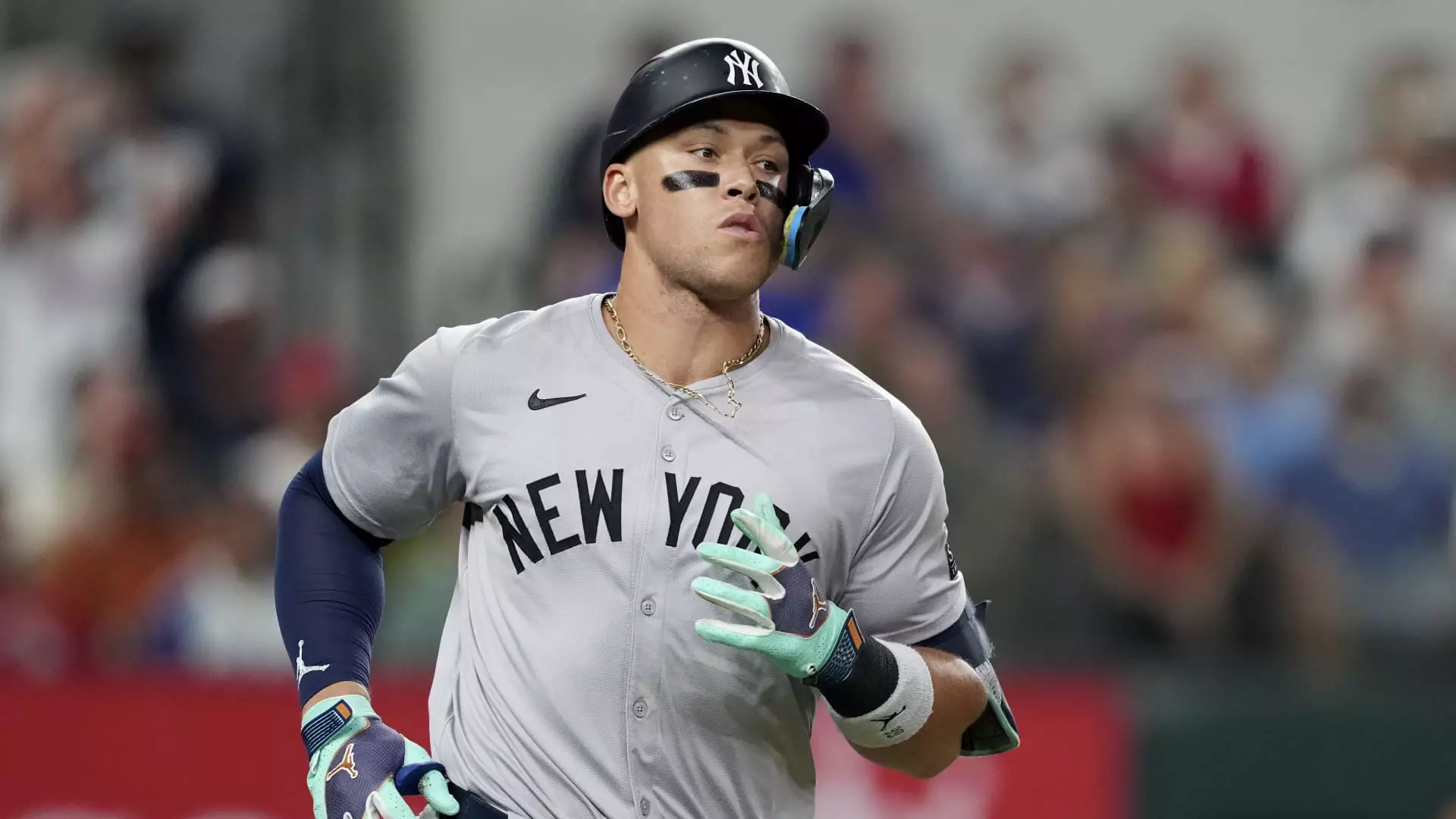The 2024 Major League Baseball (MLB) postseason has generated notable excitement, reclaiming the sport’s prominence among fans. As evidenced by viewer ratings, this year’s championship series has captivated audiences more than it has in recent years. By exploring the factors contributing to this viewership uptick and the implications for MLB’s future, we can glean insights into baseball’s evolving relationship with its audience.
The initial contests of the National and American League Championship Series set the stage for an impressive postseason. The opening game between the New York Mets and Los Angeles Dodgers drew an astonishing average of 8.26 million viewers. This figure marks it as the highest-rated League Championship Series game on record since 2009. Meanwhile, the American League Championship Series opener, featuring the New York Yankees and Cleveland Guardians, saw a commendable 4% increase in viewership from the previous year, attracting 3.9 million viewers.
These figures are remarkable considering they were released during times when “Sunday Night Football” and “Monday Night Football” were prominently featured, with all three New York NFL teams playing in prime time. The scenario captures the essence of MLB’s challenge: competing for attention in a saturated sports entertainment landscape. Nonetheless, the robust viewership indicates a successful intrigue around MLB, particularly following a strong showing in the Division Series, where the American League averaged three million viewers—a 20% surge from 2023.
MLB has faced challenges concerning its cultural relevance, especially as younger generations evolve into critical demographic segments for advertisers. Critics argue that the sport’s slower pace is out of sync with the quick consumption trends seen in today’s society. Nevertheless, the significant uptick in postseason viewership suggests a burgeoning revival of interest, fueled in part by increased accessibility through various broadcast platforms.
Rob Manfred, MLB’s Commissioner, has been publicly optimistic about the league’s performance, attributing the successful season to improved fan engagement that has manifested in higher attendance figures, stronger streaming numbers, and enhanced viewership. The shorter game time, resulting from the recent implementation of a pitch clock and rule modifications designed to maximize action, has arguably won back viewers who may have previously felt alienated by baseball’s pace.
The strategic promotion of star players is another influential factor in galvanizing interest in MLB. With generational talents like Shohei Ohtani and Aaron Judge at the forefront, the league aims to attract younger viewers. Their presence transcends the typical fanbase, drawing attention through social media and highlight culture, making baseball more relevant in a media environment dominated by instant gratification.
The connection between star players and fan engagement is evident. The Yankees and Dodgers, both historic franchises, will likely amplify viewership if they face each other in the World Series, creating an electric narrative that enhances the sport’s visibility. Such a matchup would echo the rich history of baseball rivalries and provide an opportunity for MLB marketing to spotlight the personal stories and accomplishments of its players.
Despite the strong postseason performance, it is critical for MLB to acknowledge the underlying concerns regarding viewership declines in previous seasons. Last year’s World Series fell victim to low ratings due to a matchup that lacked national appeal, demonstrating that matchups and narratives are equally important as star talent. The league must focus on crafting compelling storylines that resonate with a wide audience while continuing to evolve rules and engagement practices to maintain fan interest.
To build on this year’s momentum, MLB can utilize innovative marketing strategies via digital platforms to harness the excitement surrounding its postseason. The challenge remains to turn fleeting moments of interest into sustainable support, effectively safeguarding baseball’s future.
The 2024 postseason marks a significant step toward revitalizing Major League Baseball, reflecting a blend of historical legacy and modern adaptation. By continuing to refine its approach to the game, attracting star players, and understanding its audience, baseball may very well reclaim its status as America’s pastime. The real question lies in how well MLB can transform this renewed interest into long-term loyalty and fan engagement.

